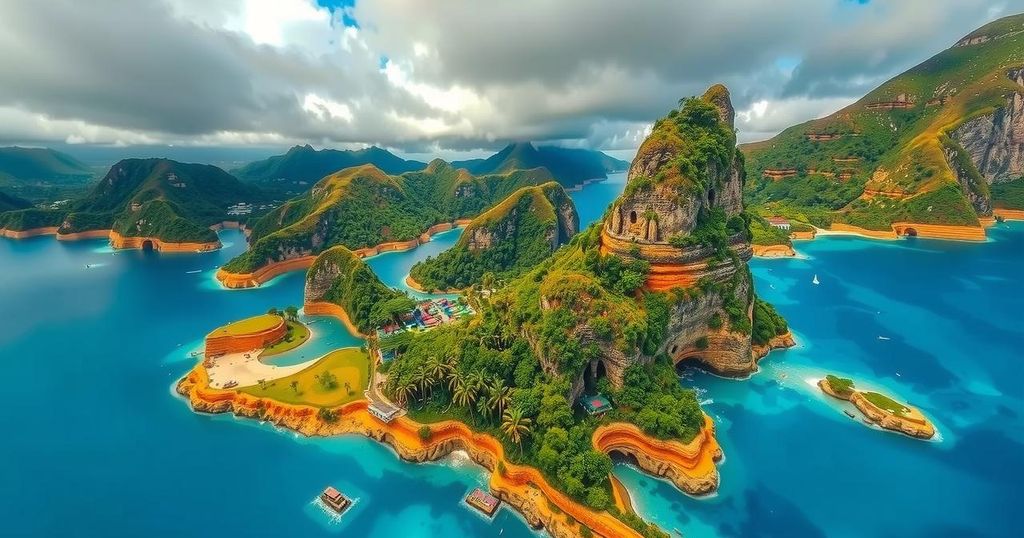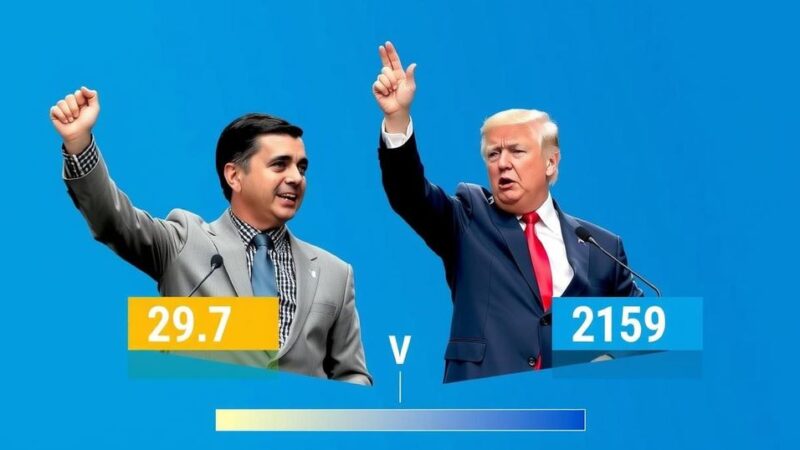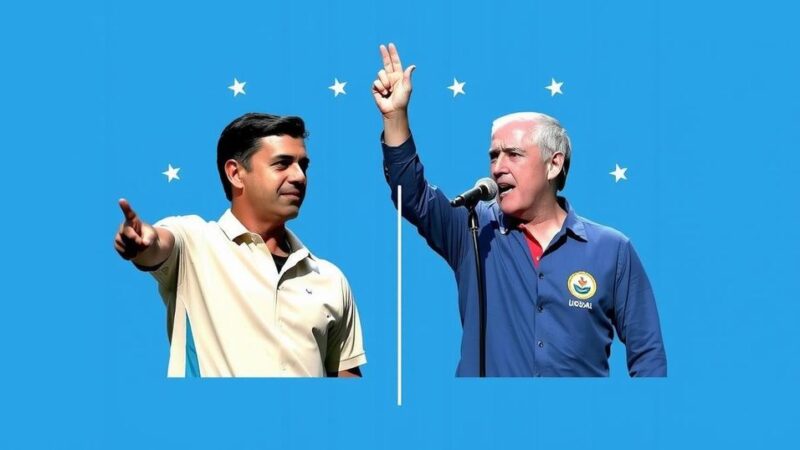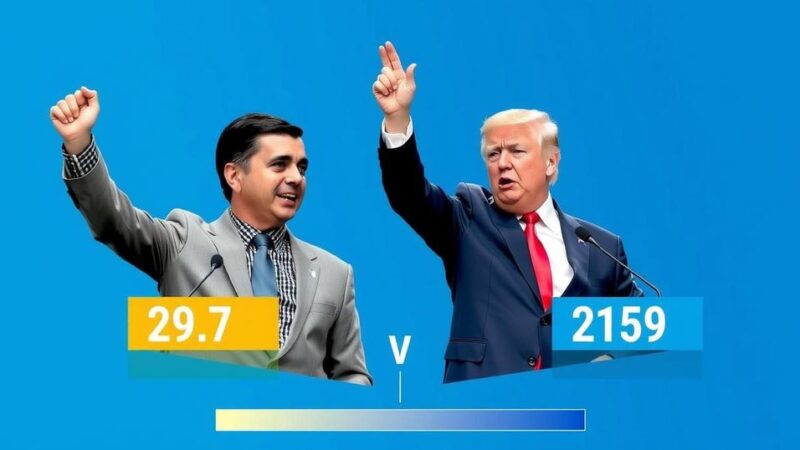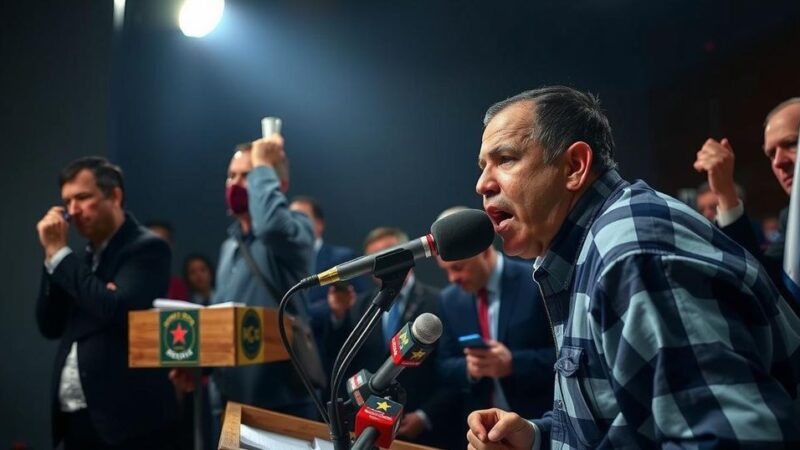Equatorial Guinea gained independence from Spain in 1968, following a period of significant political strife under various leaderships. The country has endured prolonged authoritarian rule, initially under Francisco Macías Nguema and subsequently under his nephew Teodoro Obiang Nguema Mbasogo. Despite various constitutional reforms, elections have consistently been criticized for their lack of transparency and fairness. The nation struggles with issues of governance, human rights, and corruption linked to its oil wealth.
The journey of Equatorial Guinea towards independence commenced at the conclusion of 1967, leading to significant political developments in the subsequent years. By early 1968, the Spanish government suspended its autonomous control in the territory. Subsequently, with the endorsement of the Organization of African Unity (OAU), a national referendum was conducted, resulting in overwhelming approval of a new constitution on August 11, 1968. This constitutional approval was followed by parliamentary elections in September and the official declaration of independence on October 12, 1968. The first president, Francisco Macías Nguema, ascended to power in 1971, assuming extensive powers shortly thereafter. His regime was characterized by a constitution that declared him president for life and extensive human rights abuses, culminating in his overthrow by his nephew, Teodoro Obiang Nguema Mbasogo, in 1979. Obiang swiftly established a Supreme Military Council and implemented a revised constitution in 1982, leading to a series of largely unopposed elections that continued throughout the 1990s and 2000s, despite widespread allegations of electoral fraud and oppressive governance. In subsequent years, significant constitutional changes were instituted in 2011, purportedly aimed at democratization but widely viewed as consolidating Obiang’s power. Despite nominal reforms, including the abolition of the death penalty in 2022, elections remained marred by irregularities, as evidenced in the 2022 presidential election, where Obiang was re-elected amidst allegations of unfair practices. Throughout this tumultuous history, Equatorial Guinea has remained a nation rife with challenges regarding governance and human rights, with its vast oil wealth often linked to corruption and the perpetuation of authoritarian rule under President Obiang.
Equatorial Guinea’s transition to independence has been fraught with political turmoil and human rights violations. Emerging from colonial rule under Spain, the nation navigated through a series of political changes marked by authoritarian leadership. Francisco Macías Nguema’s regime is especially notorious for its severe repression and disregard for human rights. Following his overthrow, Teodoro Obiang’s leadership has been characterized by a consolidation of power and extensive use of state resources to maintain authority. The country’s notable economic growth due to oil production created both opportunities and challenges. Despite having significant natural resources, the nation continues to grapple with systemic corruption and allegations of stolen wealth by those connected to the ruling elite, adversely impacting the broader populace. The political landscape consists of elections that are often criticized for lacking genuine democracy, underlying continual international human rights concerns.
In conclusion, Equatorial Guinea’s historical trajectory reflects a complex interplay of independence, governance, and human rights challenges. From the initial aspirations of immediate post-colonial governance through the oppressive regimes of Macías Nguema and Obiang, the nation embodies the struggles of a state grappling with authoritarian rule amid the backdrop of significant economic potential from its oil resources. Despite occasional reforms, such as constitutional amendments aimed at democratization, the prevailing environment continues to cast doubt on the legitimacy of electoral processes and the overall health of the nation’s democracy.
Original Source: www.britannica.com
